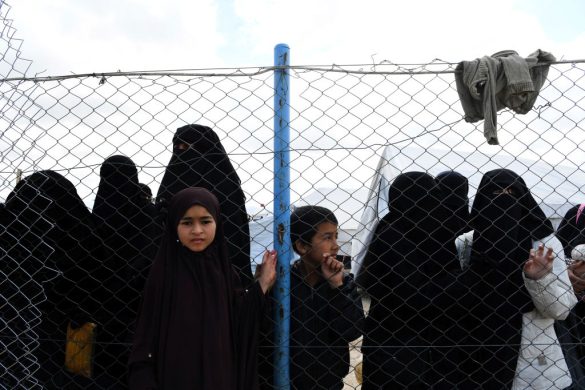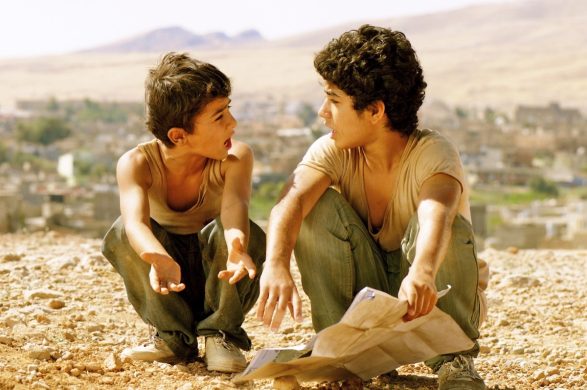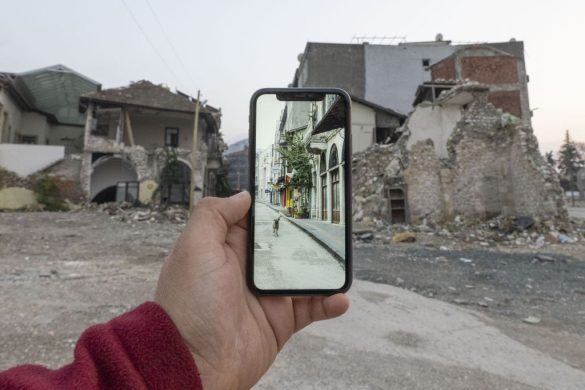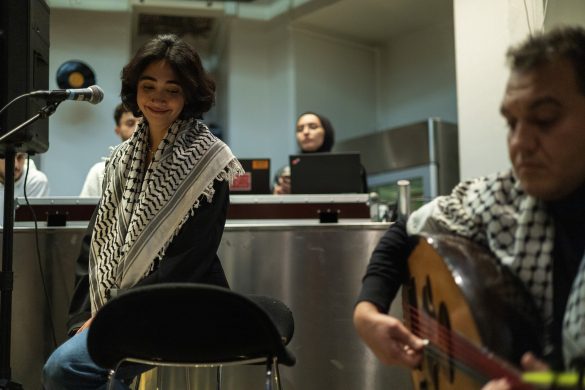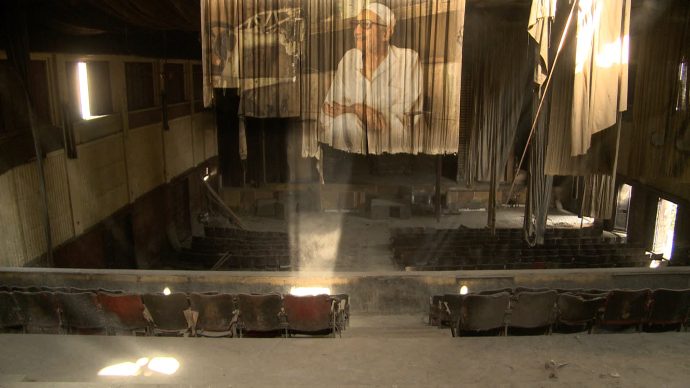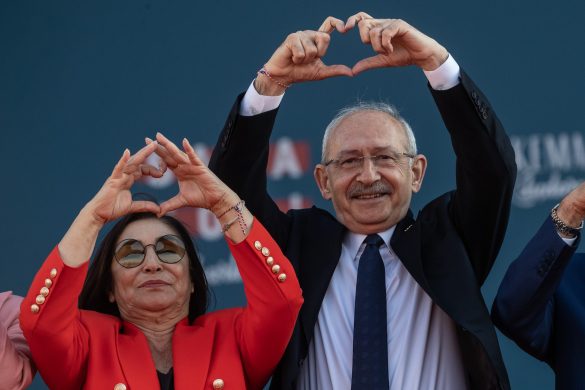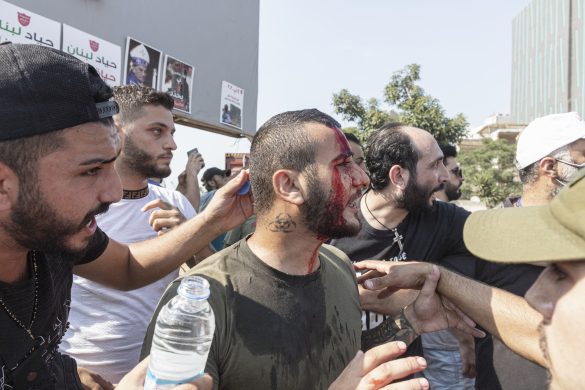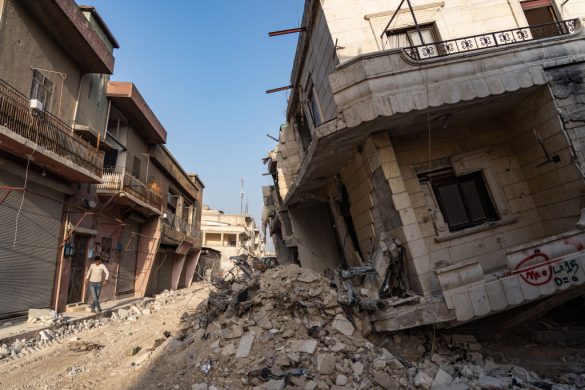AMMAN, 16 June 2017 (UNICEF): UNICEF-supported programmes for over 9 million children inside Syria and neighbouring countries are on the verge of being cut off due to a critical US$220 million (knap 1,5 milliarder kroner, red.) funding gap.
“This is the most severe funding gap UNICEF has had since we started responding to the Syria crisis – one of the largest humanitarian operations in the history of the organisation,” said Geert Cappelaere, UNICEF Regional Director for the Middle East and North Africa.
“Humanitarian needs continue to grow by the day inside Syria and in neighbouring countries, while pressure on generous host communities is seriously jeopardizing their ability to make ends meet.”
In its seventh year and with no end in sight, the war in Syria has become the largest humanitarian and displacement crisis in the world since World War II. Inside Syria, nearly 6 million children are in need of assistance while more than 2.5 million live as refugees across Syria’s borders. Neighbouring countries, already supporting large numbers of vulnerable people, have received 80 per cent of all refugees from Syria.
Without an injection of new funds, some critical and lifesaving activities supported by UNICEF are at a serious risk being cut off, with grave consequences for Syrian children and host communities. These include:
- Safe water and sanitation services for 1.2 million children living in camps, informal settlements and host communities,
- Access to healthcare and essential nutrition treatments for almost 5.4 million children, including in hard-to-reach and besieged areas inside Syria, where there are critical shortages of food and basic supplies for pediatric care,
- Cash assistance to families that helps keep nearly half a million children in school,
- The distribution of clothes and blankets in winter months.
“As financial resources run out, families inside Syria and in the neighbouring countries have increasingly become dependent on international aid. Funding shortages will force them into extreme and dangerous survival measures for their children like child labour, recruitment into the fighting and early marriage. Progress to prevent a whole generation from being lost could be reversed,” said Cappelaere.
On behalf of Syria’s children and generous host countries and communities, UNICEF calls for a number of immediate actions:
- Put an end to the war in Syria. Without an end to the conflict, humanitarian needs for millions of children and families will only continue to grow,
- Prioritize the protection of civilians and the rights of children inside Syria and in neighbouring countries,
- Improve the delivery of services and infrastructure such as healthcare, education and water in refugee host countries – not only through funding, but also with the technical means to absorb more children,
- Provide much-needed financial support to organisations like UNICEF to continue lifesaving assistance inside Syria and in neighbouring countries.
UNICEF appealed for US$ 1.4 billion for its emergency operations in 2017 inside Syria and in neighbouring Lebanon, Jordan, Turkey, Iraq and Egypt. To date, UNICEF has received less than 25 per cent of its funding requirements.



